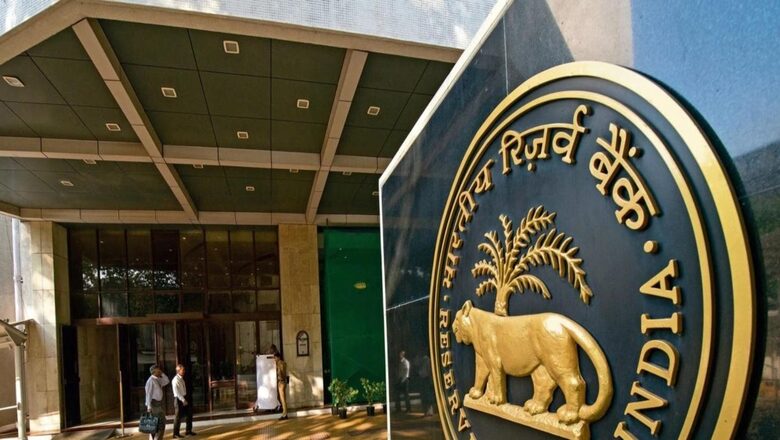
views
Reserve Bank Governor Shaktikanta Das on Wednesday said inflation has moderated, and the next print is expected to be lower than 4.7 per cent though there is no room for complacency and the war on inflation will continue.
Retail inflation fell to an 18-month low of 4.7 per cent in April, mainly due to cooling food prices.
“Inflation has moderated (and) the last print is 4.7 per cent. Perhaps the next print could be lower,” he said while addressing CII members here.
The governor, however, emphasised that although inflation has moderated, there is no room for complacency.
Also Read: India’s GDP Growth Could Be Above 7% in FY23, Says RBI Governor Shaktikanta Das
He said that inflation was looking benign, but the sudden outbreak of the Russia-Ukraine war changed the situation, resulting in a disruption in the global supply chain and firming up global commodity prices.
He assured that the war against inflation is not over and the RBI will remain alert to evolving situations.
Drawing confidence from macroeconomic stability, Das said there is a platform for supporting domestic growth.
Talking about macroeconomic stability, he said inflation has moderated, there is sustained GDP growth, and Current Account Deficit is manageable.
He also said that the fiscal deficit is on a consolidation path.
Also Read: Pausing Interest Rate Hike Not In My Hands, Depends On Several Factors: RBI Guv Shaktikanta Das
“So, on the back of macroeconomic stability and a robust financial sector…the percentage of gross non-performing assets of the banking sector at the systemic level was 4.4 per cent at the end of December 2022,” he noted.
So, he said, the non-performing asset, which was a huge challenge for the Indian banking sector, has come down, and it is showing very good signs of resilience.
Besides, he said, credit offtake in banks also is remaining quite resilient, and it is 15.5 per cent as per the latest figure.
“And on top of that, we have the advantage of demography, which again is a huge opportunity for India. And it’s something which will eventually add to our potential output or what some people prefer to call it India’s growth potential. That’s a theme, which will play out in the medium to long term,” he said.
He expressed confidence India could clock a growth of 6.5 per cent during the current financial year on the back of these tailwinds.
About the downside risk to the Indian economy, Das said any surprises on the geopolitical front could be a drag, and a slowdown in exports is another headwind.
El Nino could be another risk, he said, quoting India Meteorological Department (IMD).
“There is evidence of positive Indian Ocean Dipole, which to some extent should be able to neutralise the impact of El Nino. But let us leave that to weather experts. But, this is an uncertainty which only time will tell to what extent it affects our economy,” he said.
Stressing that there is a confluence of factors, which are feeding into the Indian growth story, he said the RBI will remain proactive, alert and prudent and do its best to support the economy to maintain the financial stability of India.


















Comments
0 comment